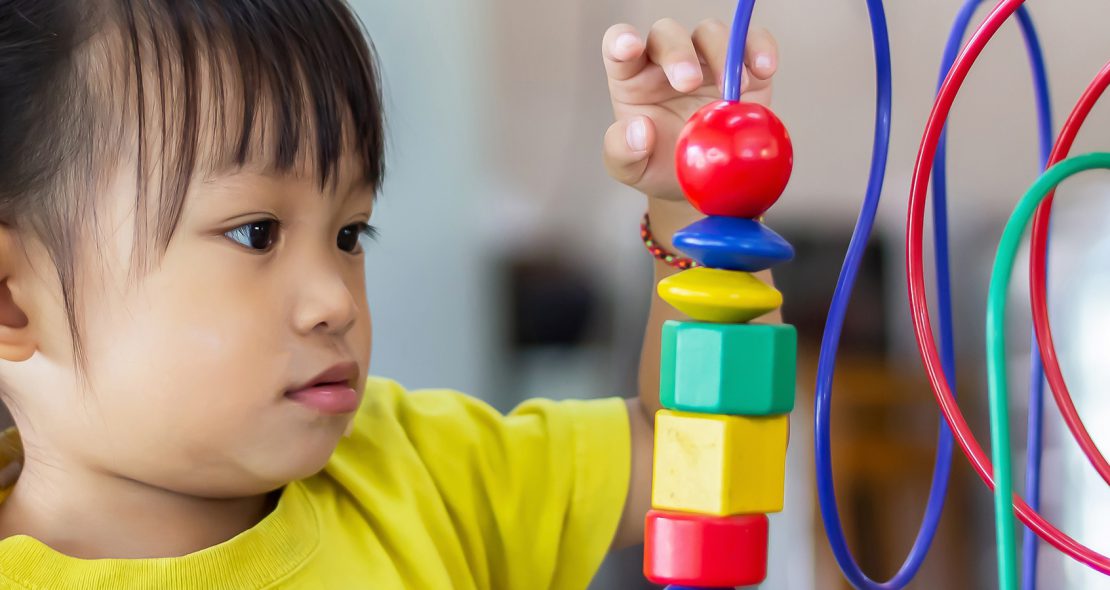On Children’s Mental Health Week, our Helpline and Information Officer, Stuart Macgee looks at identifying depression in children and young people and the possible causes.
This week (1-7 February 2021) is Children’s Mental Health Week.
Place2Be launched the first ever Children’s Mental Health Week in 2015 to shine a spotlight on the importance of children and young people’s mental health.
This spotlight is never more needed than just now. Lockdown restrictions are having a big impact on our children. Not only can the closure of schools impact on their level of education, children are also missing out on vital socialising with their friends.
This isolation can have a big impact on a child’s mental health and emotional wellbeing.
If your child has epilepsy, lockdown could have an even bigger impact on mental health.
Particularly for older children who have been recently diagnosed with epilepsy, their diagnosis can affect their self-esteem and they may struggle to come to terms with their new diagnosis.
Normal support networks may not be available or severely limited, and this can heighten their feelings of isolation, anxiety or even depression.
It’s important you recognise possible symptoms of depression in your child. If you do, seek help from your child’s GP or epilepsy specialist nurse as soon as possible.
Identifying depression
If you can answer yes to several of the following questions, you may want to seek further advice from your child’s doctor or epilepsy specialist nurse.
- Does your child appear unhappy or troubled by something?
- Does your child seem worried, fearful or helpless?
- Is your child quiet or withdrawn?
- Are they refusing to play with friends or take part in fun activities?
- Is your child having trouble concentrating?
- Does your child have trouble sleeping?
- Is your child expressing frequent negative thoughts?
- Are they getting poorer marks at school than expected?
- Is your child complaining of headaches or general aches and pains?
- Does your child appear unmotivated or lethargic?
- Is your child refusing to eat or wants to eat all the time?
- Does your child cry easily?
- Does your child get easily angry or aggressive?
Possible causes of depression
It is important to understand why depression can arise in children who have epilepsy. Apart from psychological causes, depression can also be linked to the cause of a child’s epilepsy.
The brain controls our emotions and moods, any damage to a part of the brain which deals with these feelings could lead to depression.
Sometimes, depression can be a side effect of taking anti-epileptic drugs.
Getting the right help
Start exploring some of the issues with your child. Depending on the age, your child may prefer to talk to another family member, a family friend, a trusted teacher or epilepsy specialist nurse.
If necessary, the child will be referred to a psychiatrist for an assessment of the depression. In some cases, but this is rare for children, anti-depressants are prescribed.
The following organisations may also be able to help:
- Childline 0800 1111
- National Bullying Helpline 0300 323 0169
Connecting with others who also have epilepsy can make a young person feel less alone and may help overcome isolation, low confidence and low self-esteem.
Our Youth Group service has had to adapt because of the COVID-19 outbreak but we are still providing much needed support to young people with epilepsy through our online youth groups.
Going virtual still offers many opportunities to engage with young people and provide a safe space for fun and connections. So far, we’ve managed quizzes, cooking, scavenger hunts and loads more.
If your child is aged 11-20, they are welcome to join our Glasgow or Edinburgh youth groups. As these are run online just now, these are open to young people across Scotland.
We also offer 1:1 support meetings to let a young person talk about their epilepsy and how they are feeling.
Resources
There are also some great resources for young people and depression/ mental health, such as Young Minds website.
Also, some more generic mental health and wellbeing resources can be found here.
For more information about joining our youth groups, please email Kirstyn Cameron at kcameron@epilepsyscotland.org.uk for our Edinburgh group or Shelby Johnston at sjohnston@epilepsyscotland.org.uk for our Glasgow group.
We also have our teenage guide which tries to demystify epilepsy and help and support a young person on their journey to coming to terms with epilepsy.
To request a copy, please email contact@epilepsyscotland.org.uk, phone our helpline 0808 800 2200 or contact us on social media.




